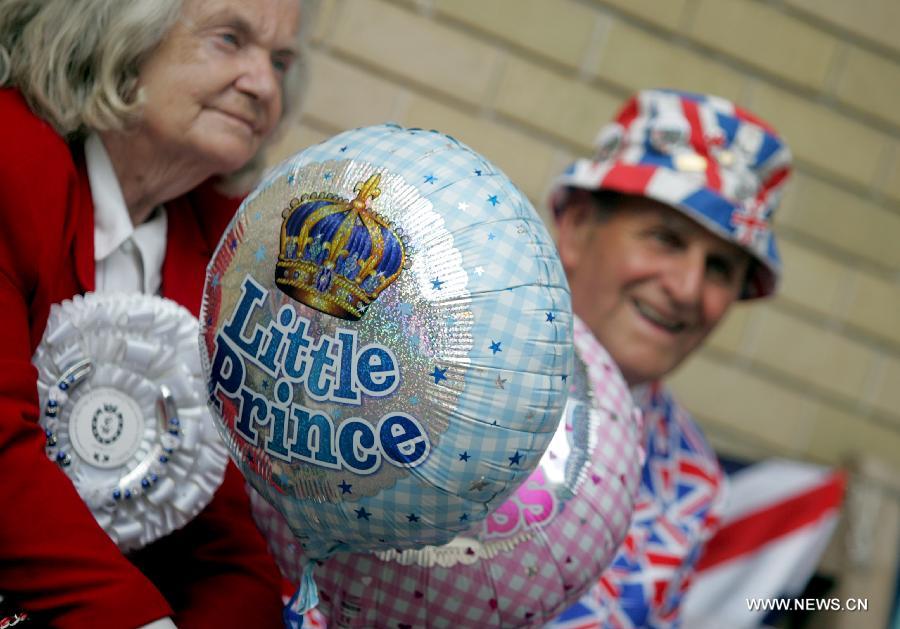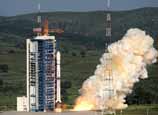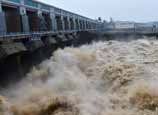
BEIJING, July 21 (Xinhua) -- For eight years, China has been bravely pursuing the reform of RMB exchange rate formation mechanism in accordance with its economic development, while efforts have also been made with prudence to avoid the adverse impact on the economy.
However, some Western politicians often turn a blind eye to the economic intricacy of the issue and hastily blame China's currency policy for their countries' trade deficit, saying that Beijing is deliberately keeping a weak yuan to increase its exports.
They have simply ignored the fact that the Chinese yuan has risen 33 percent against U.S. dollar since currency reforms began in China eight years ago.
The RMB exchange rate reform has been brave, as tens of thousands of low-end manufacturers operating at a low profit margin have had to take a significant loss over a stronger RMB yuan. These exporters, which have contributed a lot to China's GDP growth and employment, needed time to adjust.
For the country's central bank, it has to reform the financial system over time while keeping the economy in good shape. There is much to do for policy makers to mull over the specific steps to free up interest rates and exchange rates while opening up the capital account.
Meanwhile, the devastating international financial crisis and Europe's lingering debt woes posed significant challenges to China's financial reforms. The world is awash with easy money from the United States and Japan, which seeks higher returns from emerging economies, including China. Hot money flows in and out of China could paralyze the country's macroeconomic policy tools.
To allow more flexibility for China's yuan is easier said than done. The stakes are high for the Chinese government to spur growth of the world's second largest economy and keep the global economic engine revving despite multiple external risks.
Yet, a successful currency reform confers vast benefits. A more market-oriented exchange rate would reduce trade frictions, encourage imports, curb inflation and speculative cash flows. In the long run, the reform would help optimize the country's resource allocation and stimulate China's vital switch from exports-oriented to consumption-led economic growth.
Over the past eight years, China has taken a series of steady but swift steps to reform its currency regime. Its carefully calibrated approach has worked effectively to accommodate China's development stage and avoid a severe shock to the economy.
Many economists agree that the Chinese yuan is now much closer to an equilibrium rate. That is a positive testimony to China's significant progress toward a freer yuan.
In addition, the rise of the yuan has eased China's trade and payment imbalance, with current account surplus falling from about 8 percent to nearly 2 percent of GDP, and foreign exchange reserve growth hitting a nine-year low in 2012.
China's financial reform cannot be done overnight; yet it has no way back. The central bank has removed controls on bank lending rates on Saturday, a milestone in financial reforms. More reform measures are expected to follow in the coming months.
China's economic reform is a colossal and comprehensive project. No reform policy in the financial sector can succeed without bold changes in other sectors such as land, state monopoly, and fiscal policies. A blossoming real economy will serve as a strong backing for deeper financial reforms.
















 Floodwater gushes from sluices of Gezhou Dam, China's Hubei
Floodwater gushes from sluices of Gezhou Dam, China's Hubei


![]()
